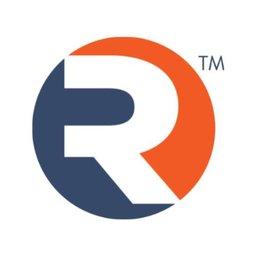Server administration
For a PHP developer, server administration skills involve managing the underlying infrastructure where web applications are hosted. This is a key component of DevOps and full-stack roles, requiring a developer to be comfortable working on the command line to configure, secure, and maintain the server environment.
Core Server Administration Responsibilities
Developers with these skills are responsible for ensuring the application's environment is stable, performant, and secure. This goes beyond writing PHP code to include the entire stack that supports it. A typical environment is the LEMP (Linux, Nginx, MySQL, PHP) or LAMP stack.
Essential Tools and Technologies
Proficiency in the following areas is commonly required for server administration:
- Operating Systems: Strong command of a Linux distribution like
UbuntuorCentOS. - Web Servers: Configuring and optimizing
NginxorApache, including setting up virtual hosts and SSL/TLS certificates. - PHP Configuration: Managing PHP-FPM pools and tuning
php.inisettings for performance and security. - Database Management: Installing, securing, and performing basic maintenance on
MySQLorPostgreSQLservers. - Scripting and Automation: Writing Bash scripts to automate routine tasks like deployments or backups.
- Security: Implementing firewall rules (e.g.,
iptables,ufw) and keeping system packages updated.



